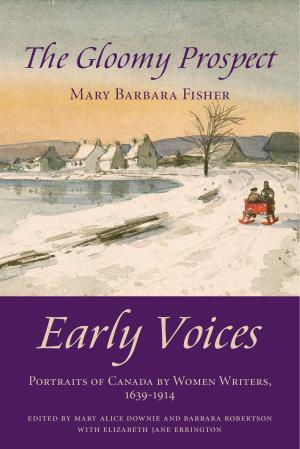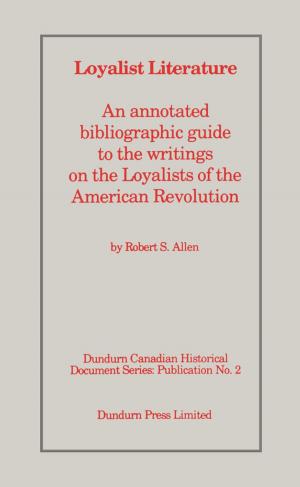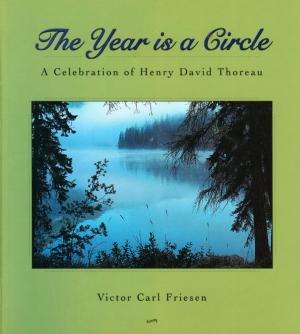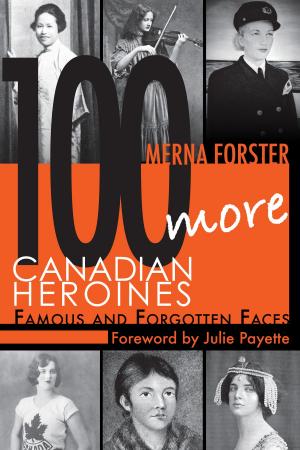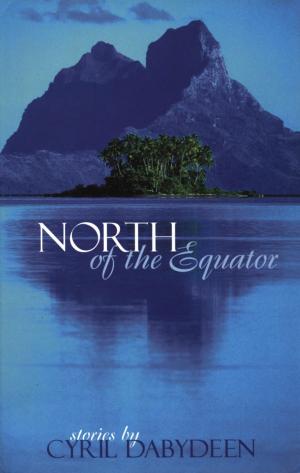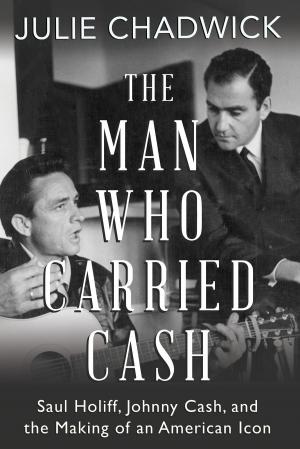The Power of the Pen
The Politics, Nationalism, and Influence of Sir John Willison
Biography & Memoir, Political, Literary, Historical| Author: | Richard Clippingdale | ISBN: | 9781459703742 |
| Publisher: | Dundurn | Publication: | August 18, 2012 |
| Imprint: | Dundurn | Language: | English |
| Author: | Richard Clippingdale |
| ISBN: | 9781459703742 |
| Publisher: | Dundurn |
| Publication: | August 18, 2012 |
| Imprint: | Dundurn |
| Language: | English |
Sir John Willison (1856-1927) was the most influential Canadian journalist in the late 19th and early 20th centuries while the country achieved economic growth, intellectual maturation, and world status. With his incisive pen and clear reasoning, Willison utilized Toronto's Globe and News, his Times of London contributions, his many books and speeches, and his unparalleled connections with key political leaders to establish himself as a major national figure.
Uniquely, Willison was at the heart of both the Liberal and Conservative Parties as a devoted supporter and good friend of Sir Wilfrid Laurier; a first employer, early booster, and continual admirer of William Lyon Mackenzie King; and a close ally of Sir Robert Borden. Willison was a major player in the epochal federal political shifts of 1896, 1911, and 1917 and articulated highly influential views on the nature and evolution of Canadian nationalism and public policy.
Sir John Willison (1856-1927) was the most influential Canadian journalist in the late 19th and early 20th centuries while the country achieved economic growth, intellectual maturation, and world status. With his incisive pen and clear reasoning, Willison utilized Toronto's Globe and News, his Times of London contributions, his many books and speeches, and his unparalleled connections with key political leaders to establish himself as a major national figure.
Uniquely, Willison was at the heart of both the Liberal and Conservative Parties as a devoted supporter and good friend of Sir Wilfrid Laurier; a first employer, early booster, and continual admirer of William Lyon Mackenzie King; and a close ally of Sir Robert Borden. Willison was a major player in the epochal federal political shifts of 1896, 1911, and 1917 and articulated highly influential views on the nature and evolution of Canadian nationalism and public policy.

